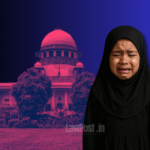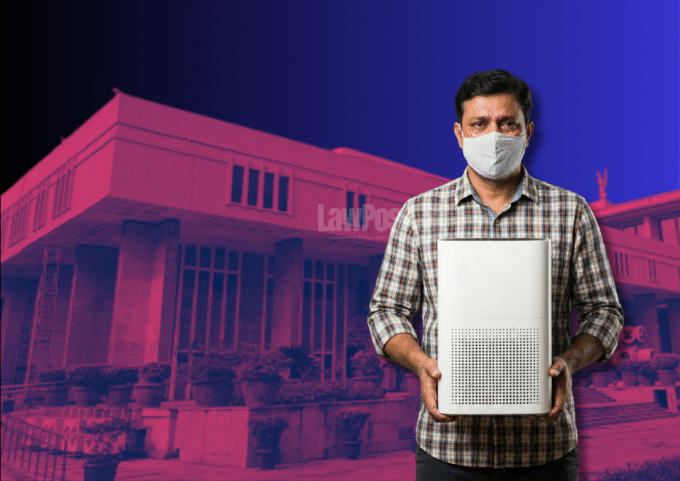In a landmark ruling, the Bombay High Court has upheld the right of three sisters to continue living in their late father’s property, cancelling eviction orders passed by two lower courts. The Court clarified that daughters’ residence rights under Hindu law existed even before the enactment of the Hindu Succession Act, 1956, and that these rights have since crystallized into an absolute entitlement.
Justice Gauri Godse, deciding in favour of the sisters, observed:
“Irrespective of whether Rama (father) died before or after 1956, the appellants, being daughters of Rama, had a right to his property. Before 1956, Rama or his heirs, who inherited his property, were bound to maintain the appellants, and on the death of Rama, they were entitled to be maintained out of his estate under a moral, though not a legal, obligation to maintain them. After the 1956 Act, Section 14 has improved their right of maintenance acquired before the 1956 Act, which has culminated in an absolute right. In view of Section 23 of the 1956 Act, the appellants had the right of residence in the dwelling house.”
The dispute originated when the widow of one of Rama’s sons, Laxman, claimed ownership of the property after a 1966 partition and sought eviction of the sisters. She argued that they were allowed to stay in the house merely out of sympathy, and that this arrangement ended after her husband’s death in 1986.
The sisters contested this, stating that their father had permitted them to reside there for their maintenance, and that they had even built the house with their own resources. One sister, widowed in 1949, had moved into the property while Rama was still alive, while the other two—both deserted by their husbands—joined later, one of them in 1956 along with her infant son.
Despite this, both the Satara trial court and the district appellate court had ruled in favour of the widow, describing the sisters as “gratuitous licensees” with no permanent rights.
Justice Godse disagreed, finding it “unbelievable” that the widow’s husband had permitted them to stay when one of the sisters had already been living there before 1966. Emphasizing the legal position, she held:
“Pre-1956, unmarried daughters, widows or destitute daughters were entitled to be maintained by their father and reside in the father’s property. Hence, in the present case, the right of the defendants to residence prior to 1956 would become an absolute right after the Act of 1956 came into force.”
The Court further clarified:
“…Under any contingency, the plaintiff is not entitled to seek possession from the appellants on the ground that they were gratuitous licensees and she terminated it.”
Concluding the matter, the High Court dismissed the widow’s case and ruled that the sisters’ right to live in the house “needs to be protected.”
This decision not only secures the residence of the three sisters but also reaffirms that daughters’ rights under Hindu law carry enduring legal and moral weight, both before and after 1956.








